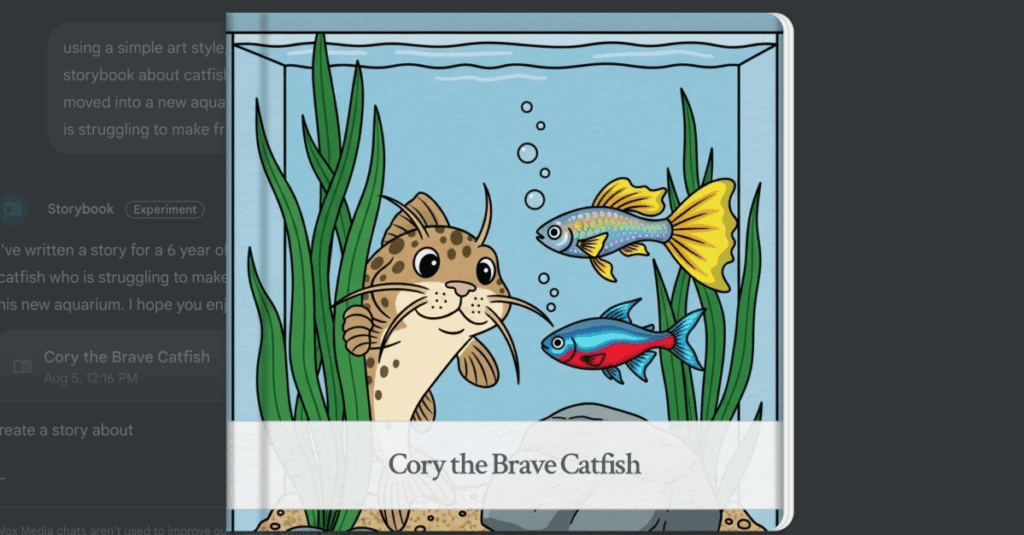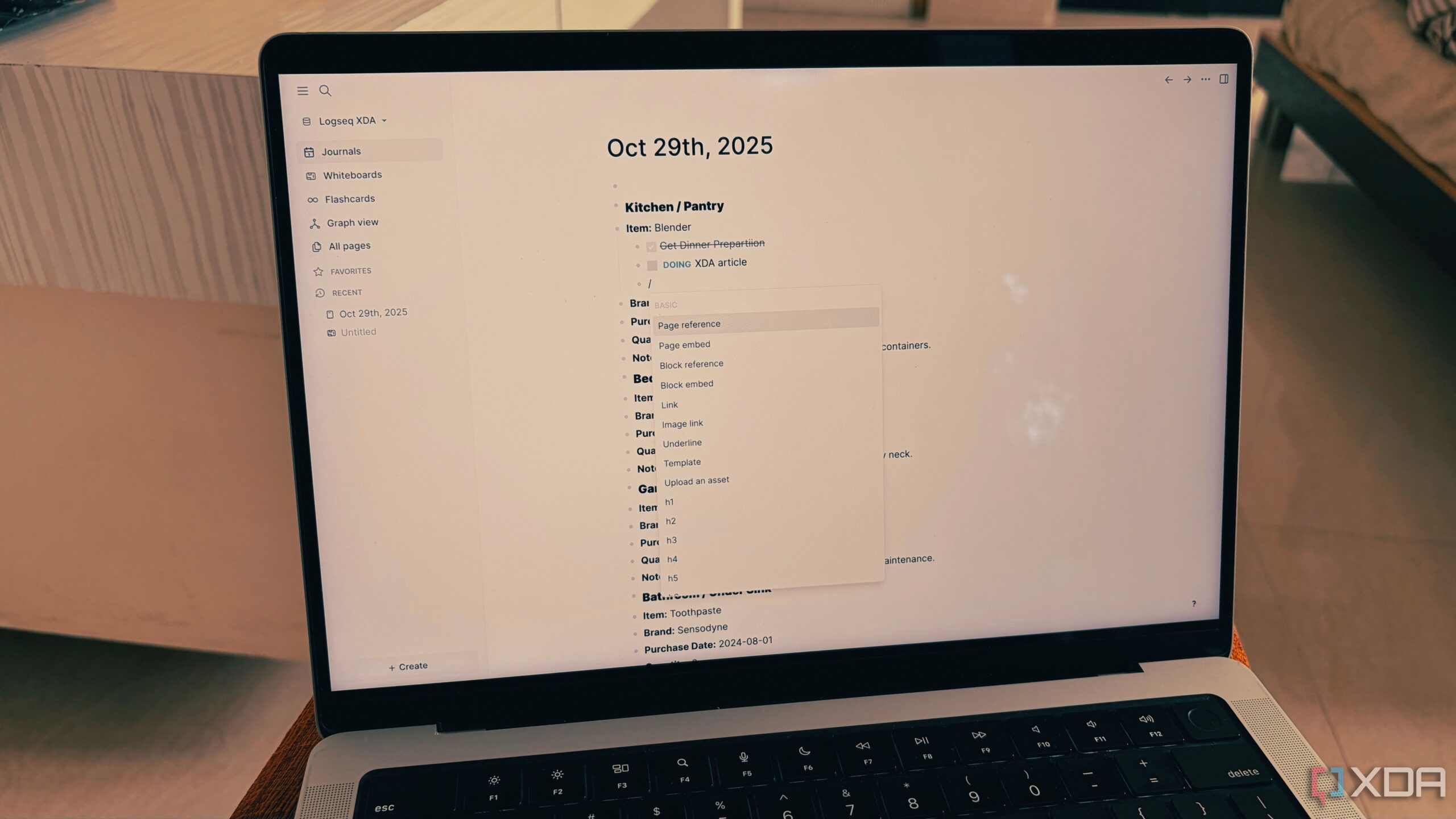
Google has introduced a new feature within its Gemini AI chatbot, allowing users to create personalized bedtime stories through simple descriptions. Named Storybook, this innovative tool generates 10-page narratives, complete with text that can be read aloud by Gemini, and accompanying illustrations.
Users can customize their stories by requesting specific art styles, including those inspired by claymation, anime, and comics. Additionally, the feature supports image uploads, enabling users to provide visuals such as children’s drawings for Gemini to incorporate into the story.
The Storybook feature is available globally on both desktop and mobile platforms, covering all languages supported by Gemini.
Exploring the Storytelling Features
In an attempt to test these capabilities, one user requested a story about a catfish trying to make friends in a new aquarium. While the story’s plot revolved around the tank’s inhabitants attempting to move a marble, the overall narrative lacked engagement. However, it showcased the potential of AI-generated children’s stories.
Some illustrations, though, raised eyebrows. One fish appeared with a human arm, an oddity that detracted from the storytelling experience. Another page depicting spaghetti sauce resembled a cartoon crime scene, while a scene of a mother and son watching television contained a visual error, with the screen placed incorrectly.
Despite these quirks, the user did not encounter significant inconsistencies in character designs across other stories generated by Gemini. Nonetheless, the AI’s interpretation of a uploaded image of a cartoon cat did not align with the user’s original vision.
Reception and Future Implications
The launch of the Storybook feature marks a significant step for Google in the realm of AI-driven storytelling. While the technology demonstrates remarkable capabilities, instances of unexpected output highlight the ongoing challenges in AI-generated content.
As the feature gains traction, users are likely to explore its creative potential further, leading to a broader understanding of how AI can enhance storytelling for children. With access available worldwide, Google aims to make bedtime stories more engaging and personalized, transforming how narratives are created and enjoyed.
This development reflects a growing trend in the tech industry, where AI tools are becoming increasingly integrated into daily life, promoting creativity and innovation in various forms.






